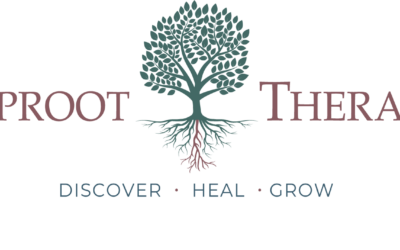How to get Medication for Anxiety?

When it comes to treating anxiety and depression, medication can be an essential component of a comprehensive treatment plan. While therapy and lifestyle changes are also important, the right medication can help alleviate symptoms and improve overall functioning. This article explores some of the most effective medications for anxiety and depression.
Medications for Anxiety
- Selective Serotonin Reuptake Inhibitors (SSRIs): SSRIs, such as fluoxetine (Prozac), sertraline (Zoloft), and paroxetine (Paxil), are often the first-line treatment for anxiety disorders. They work by increasing the availability of serotonin in the brain.
- Serotonin-Norepinephrine Reuptake Inhibitors (SNRIs): SNRIs, like venlafaxine (Effexor) and duloxetine (Cymbalta), are another class of antidepressants that can be effective for anxiety. They increase the levels of both serotonin and norepinephrine.
- Benzodiazepines: Benzodiazepines, such as alprazolam (Xanax) and clonazepam (Klonopin), are fast-acting medications that can provide rapid relief from anxiety symptoms. However, they are typically prescribed for short-term use due to the risk of dependence.
Medications for Depression
- SSRIs: In addition to treating anxiety, SSRIs are also commonly prescribed for depression. They are generally well-tolerated and have fewer side effects compared to older antidepressants.
- SNRIs: SNRIs can be effective for individuals who do not respond well to SSRIs or experience certain symptoms, such as fatigue or pain, in addition to depression.
- Tricyclic Antidepressants (TCAs): TCAs, such as amitriptyline and imipramine, are an older class of antidepressants that can be effective for some individuals. However, they tend to have more side effects compared to newer medications.
It’s important to note that medication response can vary from person to person, and what works for one individual may not work for another. Finding the right medication often involves a trial-and-error process under the guidance of a mental health professional.
While medications can be highly effective in managing anxiety and depression symptoms, they are not without potential drawbacks. Some common side effects may include nausea, weight gain, sexual dysfunction, and sleep disturbances. Additionally, abruptly stopping certain medications can lead to withdrawal symptoms, so it’s crucial to work with a healthcare provider when starting, adjusting, or discontinuing any medication.
Critics argue that the overreliance on medication for treating mental health conditions may neglect the importance of therapy and lifestyle interventions. It’s essential to view medication as one component of a holistic treatment approach that addresses the biological, psychological, and social factors contributing to an individual’s well-being.
In summary, selecting the most effective medication for anxiety and depression requires careful consideration of an individual’s unique needs, medical history, and potential side effects. By working closely with a mental health professional and staying informed about treatment options, individuals can navigate the path to recovery and improved mental health.
Types of Therapy





0 Comments